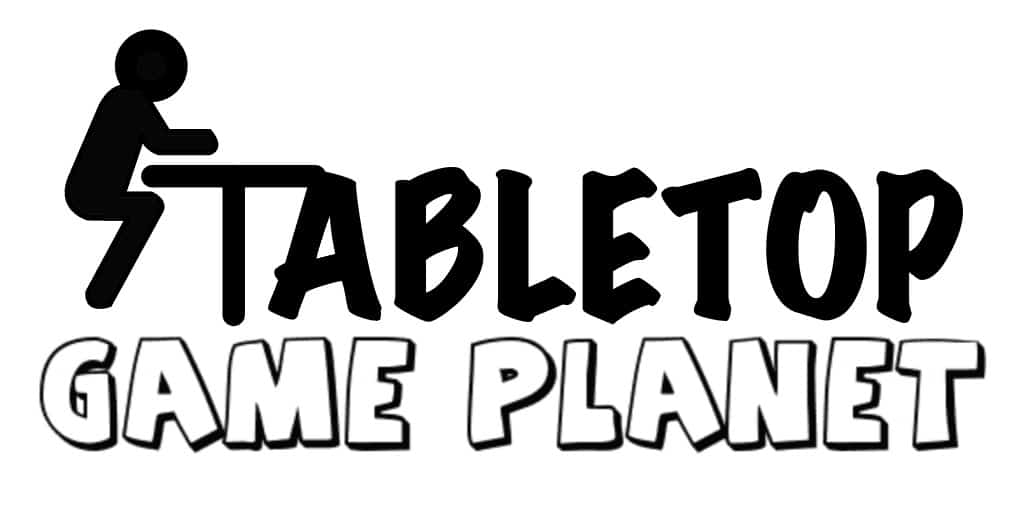When playing Scrabble, it is typical to use an official dictionary checker where someone can find whether a wordplay on the board is accepted in the game or not. A player may dispute a word played if they think it is illegal or misspelled.
A majority of allowable Scrabble words are found in a standard dictionary. However, other words exist in an English dictionary but are not found in the Scrabble checker.
Can you use abbreviations in Scrabble? According to the Scrabble rule book, abbreviations are not permitted and illegal to play in the board game. As a result, abbreviations do not count as words and should never be used in Scrabble gameplay.
Short words in Scrabble are usually considered disproportionately powerful in the game because multiple words can be played, altering the whole strategy of the game. However, there are some house rules that allow popularly used abbreviation.
Abbreviations used for a long time are such that they become part of the language. Indeed, some Scrabble players strongly affirm that the abbreviation “ok” has been used more often across the world, appearing in a dozen languages and therefore legal in scrabble.
The most up-to-date Scrabble dictionary (2018) version has updated the abbreviation “Ok.”
Abbreviations are not part of the formal language, so they are not allowed in Scrabble. That said, some words look like abbreviations but are considered short words.
For instance, POL is shorthand for politician, and REC stands for recreation. Additionally, some words originate as abbreviations, such as AWOL, which are now used as legal words in some Scrabble house rules.
Most recently, Scrabble added an abbreviation word in the new Scrabble dictionary version, “ok,” which has raised a lot of controversies since original Scrabble players and purists consider the word as an abbreviation. The abbreviation “ok” is now legal to be used in the Official game since it is part of Scrabble-listed words.
Are abbreviations ok in Scrabble?
No, official rules do not count abbreviations as words, and therefore they cannot be played in the board game Scrabble. However, as the game has modernized over time, some abbreviations found their way in the Scrabble dictionary because they have been constantly used in English for a long period.
The abbreviation “ok” is a two-letter word included in the latest version (2018) of the Scrabble Player dictionary. It’s now legal to play the abbreviation “ok.”
That’s said, any abbreviations used for a long time in the official language reaches a point of acceptance, where it is considered an actual word. Any abbreviation that is legal to be played in Scrabble must be listed in the dictionary agree upon at the start of the game.
Again, abbreviations allowed in scrabble should not be capitalized or have punctuation marks such as ES, IQ, OZ, TV, etc.
Why are some abbreviations allowed in Scrabble?
Official rules do not allow the use of abbreviations to form words. However, some words may look like abbreviations such as “za” and “scuba,” which are used as actual words and allowed in Scrabble.
Some abbreviations are frequently used in the common language, such that over a long period, they are considered part of the vocabulary.
In some house rules, such words are included in gameplay as long as they are part of the word list of the Scrabble dictionary used in the game, and it’s not punctuated or capitalized. Such abbreviations include kbar, awol, fubar.
When playing a game of Scrabble amongst friends, abbreviations can be allowed because players create their own rules they want as long as all players agree on them.
When did Scrabble allow abbreviations?
On Monday, September 24th, 2018, the latest Official Scrabble Players Dictionary (Merriam-Webster) was published, which added 300 new two-letter words, including the abbreviation “ok” as official words in Scrabble gameplay. That is the first time an abbreviation was officially considered a legal word in Scrabble, before abbreviations were only used in some house rules but were not included in the official rulebook.
Abbreviations were originally banned from being used in Scrabble game by Stefan Fatsis, the author of the first Scrabble game marketed in 1948. The rules of Scrabble were contained inside the box and eliminated any word that is capitalized, abbreviation, designed from a foreign language, required a hyphen or apostrophe, and all the suffixes and prefixes that couldn’t stand alone in the English language.
When the first Official Scrabble Player Dictionary was published in 1978, it followed Stephan’s rule to the letter. Even in the open-source alternative in the dictionary (ENABLE) in 1997, abbreviations were still considered verboten in the Scrabble game.

Abbreviations is Scrabble: Conclusion
According to the official rulebook, abbreviations are not allowed, but the new version of the player’s dictionary included some exceptions like “ok.”
A word is legal to play if it’s contained in the word list or dictionary agreed upon among the players. Therefore, if an abbreviation is contained on the dictionary for whatever reason discussed above, it’s legal to play.
Playing an illegal word is penalizable in Scrabble, such that another player can dispute if they think a wordplay on the board is not allowed. If found guilty, the guilty player should remove the word played from the board, the guilty player loses their turn and forfeits any points earned from that turn.
Not all words that look like abbreviations are abbreviations, and some words are considered shortened forms of the words. However, those words should not be capitalized or have a punctuation marks in order to be played correctly on the Scrabble board.
